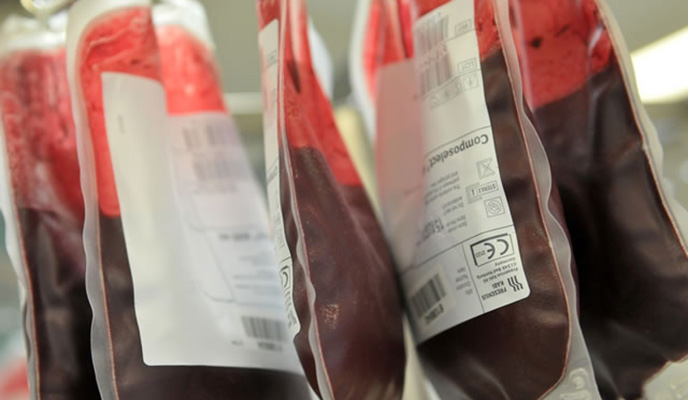
The National Blood Services of Zimbabwe (NBSZ) has raised a red flag over a critical shortage of stocks for blood group O with less than a day’s supply at any given time.
BY Phyllis Mbanje
Addressing journalists in Harare, NBSZ chief executive officer Lucy Marowa said while stocks for the other groups (A, AB and B) were adequate, blood type O had very limited supplies.
“Around 50% of the population is blood type O. So this naturally puts a strain on supplies. The situation is quite critical,” she said.
She explained that the proportion required by hospitals at times includes 100% orders for blood group O only.
“This accelerates depletion in the blood group O stocks. We are appealing to blood group O donors who are due to come through and donate so that we replenish the stocks.”
NBSZ acknowledged the subsidy from the Health ministry of $4,7 million, which has resulted in the user fee being reduced to $50 with effect from January 1 this year. However, for the private sector it remains high at $120 per unit of blood.. The cost of blood remains high in Zimbabwe with stakeholders calling for further variation downwards.
“The aim is to get as close as we can to the $10 figure which the minister suggested last year,” she said.
- Chamisa under fire over US$120K donation
- Mavhunga puts DeMbare into Chibuku quarterfinals
- Pension funds bet on Cabora Bassa oilfields
- Councils defy govt fire tender directive
Keep Reading
However, with the coming-down of the user fees, it is anticipated that there will be higher demand for blood supplies.
“We anticipate an increase in demand and so there is need for us to scale up our collections,” Marowa said.
Prior to the reduction of blood user fees, NBSZ and the ministry received wide criticism from stakeholders, including parliamentarians, on the high blood prices.
Speaking during the same event, Health ministry permanent secretary Gerald Gwinji said they had responded to the public outcry on the cost of blood.
He also assured the nation that in terms of quality, the NBSZ met the required standards.
“We are confident as we invest in NBSZ and will continue to invest more in the blood services,” Gwinji said.











